If you're planning to upgrade to the iPhone 18 next year, you might want to start saving more than usual. Taiwan Semiconductor Manufacturing Company (TSMC), the powerhouse behind Apple's cutting-edge processors, just dropped news that could hit your wallet hard. According to industry reports (DigiTimes / TrendForce), TSMC has begun informing major clients of planned price increases for sub-5nm nodes.
Here's the rub, these aren't minor cost tweaks. TSMC has been notifying companies that price hikes will affect advanced fabrication processes below 5-nanometers, which covers basically every modern Apple chip from the A16 onward. The immediate increases are expected to be in the 8 to 10 percent range and will commence next year. And the bigger shock is coming with the leap to 2nm technology that could power your next iPhone.
The semiconductor industry's perfect storm
This is not routine price smoothing. It is what industry experts describe as a "structural correction" driven by higher capital, labor, and material costs. In plain terms, the era of treating cutting-edge semiconductor tech like a commodity is over.
The numbers make it plain. Reports on 2nm pricing conflict; some outlets cite a ~50% increase versus 3nm, while recent market reports indicate a smaller ~10–20% wafer-price rise. Suppliers are projecting that flagship mobile chips built on the 2-nanometer process could carry unit prices around $280 once volume production begins.
For context, the A18 chip in your current iPhone 16 costs Apple approximately $45 out of a total estimated $416 in manufacturing costs. A jump from roughly $50 to $280 is more than five times the current cost. Five times. Ouch. That spike tracks with the rising complexity of chipmaking, where every new generation demands massive investments in research, tooling, and production.
Why the iPhone 18 is caught in the crossfire
Here's where it hits iPhone fans. The A20 chip is likely to be the first widely available 2-nanometer chip, debuting in the iPhone 18 lineup next year. Apple sits right at the center of this pricing shift because it is among the first to tap TSMC's 2nm process for a mainstream product.
Early reports had Apple keeping the 2nm chip for the Pro models to manage costs, restricting the processor to iPhone 18 Pro units. That would have created the widest performance gap between regular and Pro models in years.
Analyst Ming-Chi Kuo reported in March 2025 that trial 2nm yields were 'well above the 60–70% range' — quote or attribute directly. So everyone gets the 2nm performance bump, and everyone shares the cost burden. That 70 percent yield is the tipping point where mass production becomes feasible, just not cheap.
The economics behind the price explosion
This surge is not basic inflation. Building a cutting-edge semiconductor fabrication plant capable of 3nm production costs between $15 billion and $20 billion, and 2nm demands even bigger checks.
Geography adds friction. Manufacturing costs at TSMC's new Arizona plant are reportedly 15-30% higher than in Taiwan, a premium that comes with diversifying production.
The tech stack is brutal too. The complexity of advanced manufacturing technologies, particularly Extreme Ultraviolet (EUV) lithography, continues to drive exponentially increasing costs. Each node drop means new equipment, new processes, and long, expensive R&D cycles.
There is a wrinkle. Samsung has reportedly offered 2nm wafers at a lower price than TSMC to gain market share. Short term, that looks tempting, but TSMC's leadership and yield advantage keep most high-end customers anchored, at least for now.
The consumer reality check
Bottom line, what happens to the price tag in your hand? These component cost increases could directly influence the retail price of iPhones, and given the steep cost of 2nm production, Apple may be forced to raise launch prices, at least for the Pro models. Will Apple eat some of it to stay competitive? Probably a bit.
Estimates are all over the map. Some estimates suggest the move from TSMC's 3nm node to 2nm could lead to processor costs rising from $50 to $85, representing a 70 percent jump. Even if Apple absorbs part of the hit, meaningful retail bumps are still on the table.
This is not just Apple's problem either. The price increase may force Apple to either pass the extra cost to consumers or find efficiencies elsewhere in the manufacturing process. And with premium Android devices also facing similar cost pressures from the same TSMC price increases, Apple will likely feel comfortable raising prices without significantly damaging its competitive position. The premium smartphone market looks poised to move in unison, not undercut.
PRO TIP: If you're considering an iPhone upgrade, the iPhone 17 lineup later this year might represent the last generation before more significant price increases take effect with 2nm technology adoption.
The iPhone 18's pricing crunch signals more than another yearly refresh. It points to a shift where cutting-edge performance commands premium pricing. Consumers have weathered steady upticks before, but this round is different, the manufacturing costs are leaping, not stepping. The question is not whether the iPhone 18 will cost more than its predecessors, it is whether people will pay meaningfully more for the next jump in mobile computing power. My bet, they will, but they will feel it.







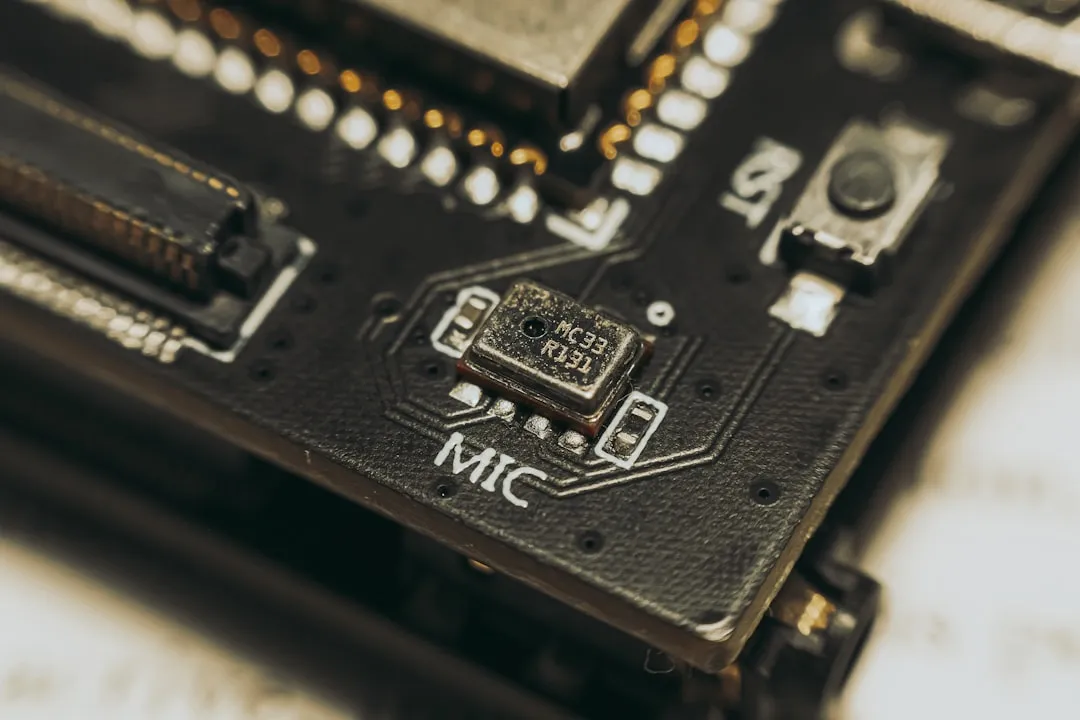

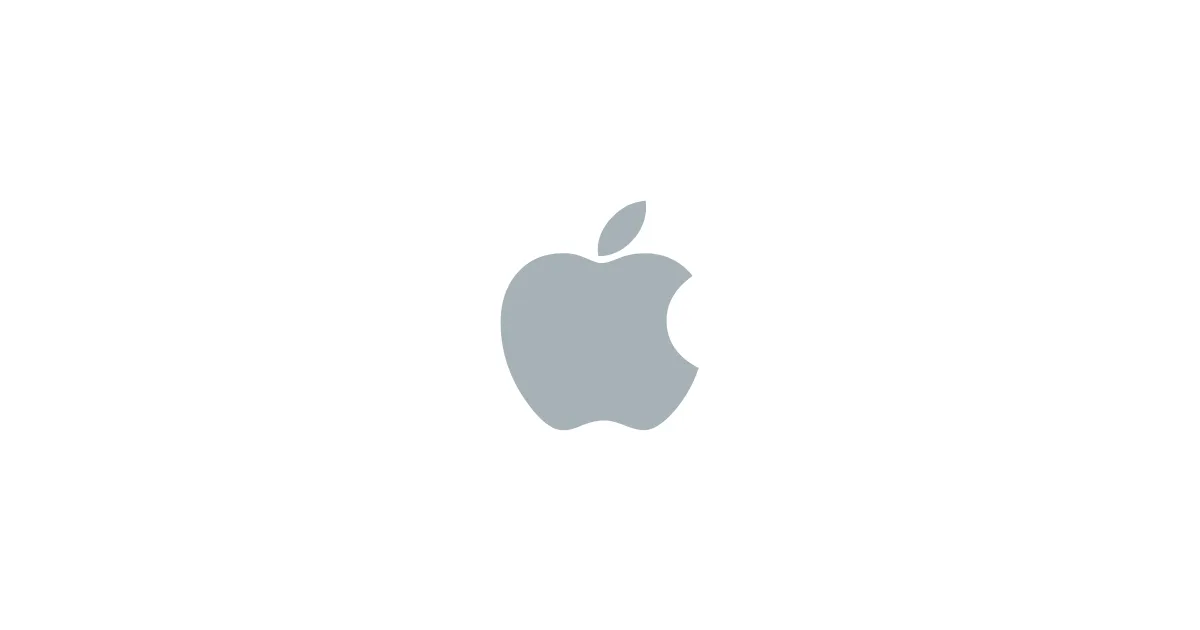
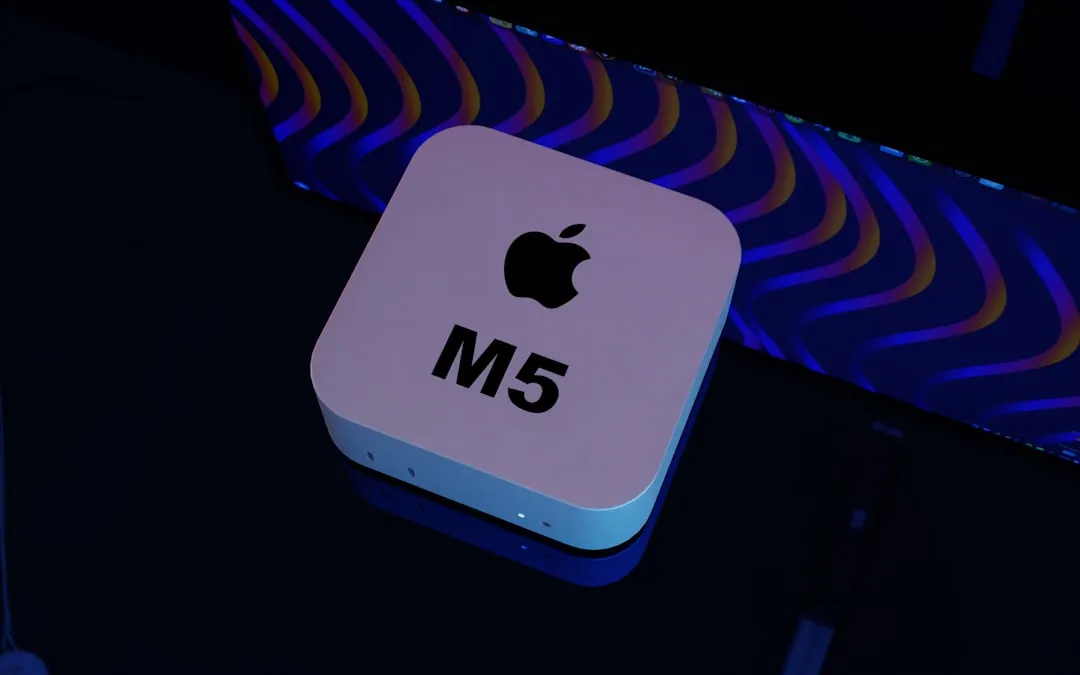
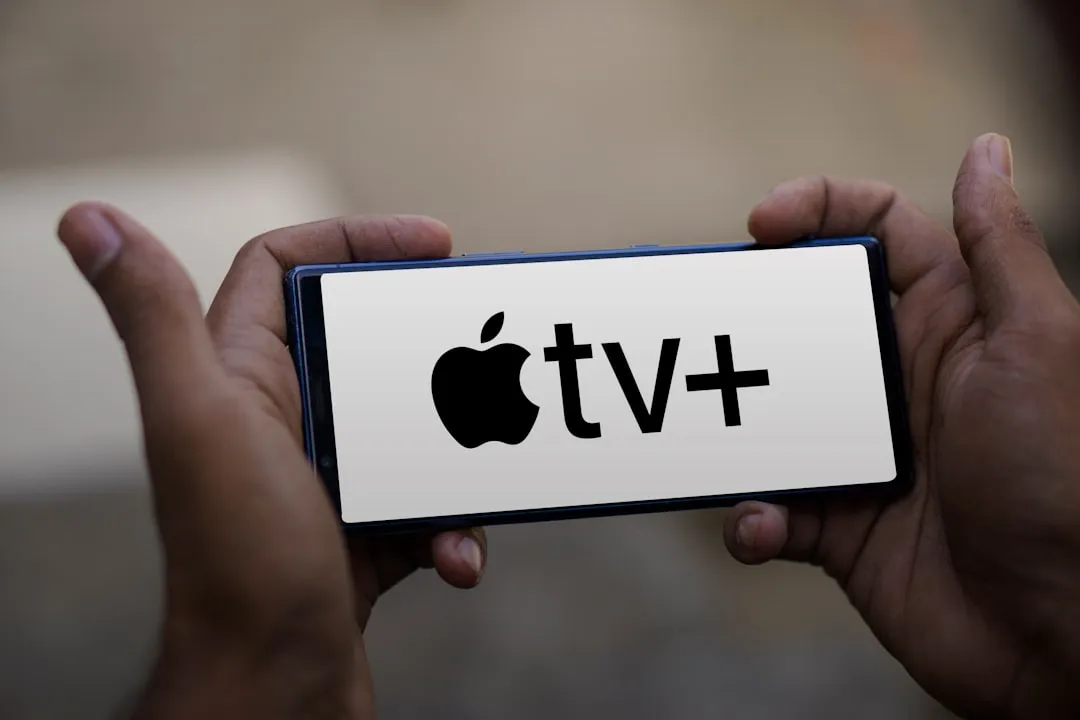

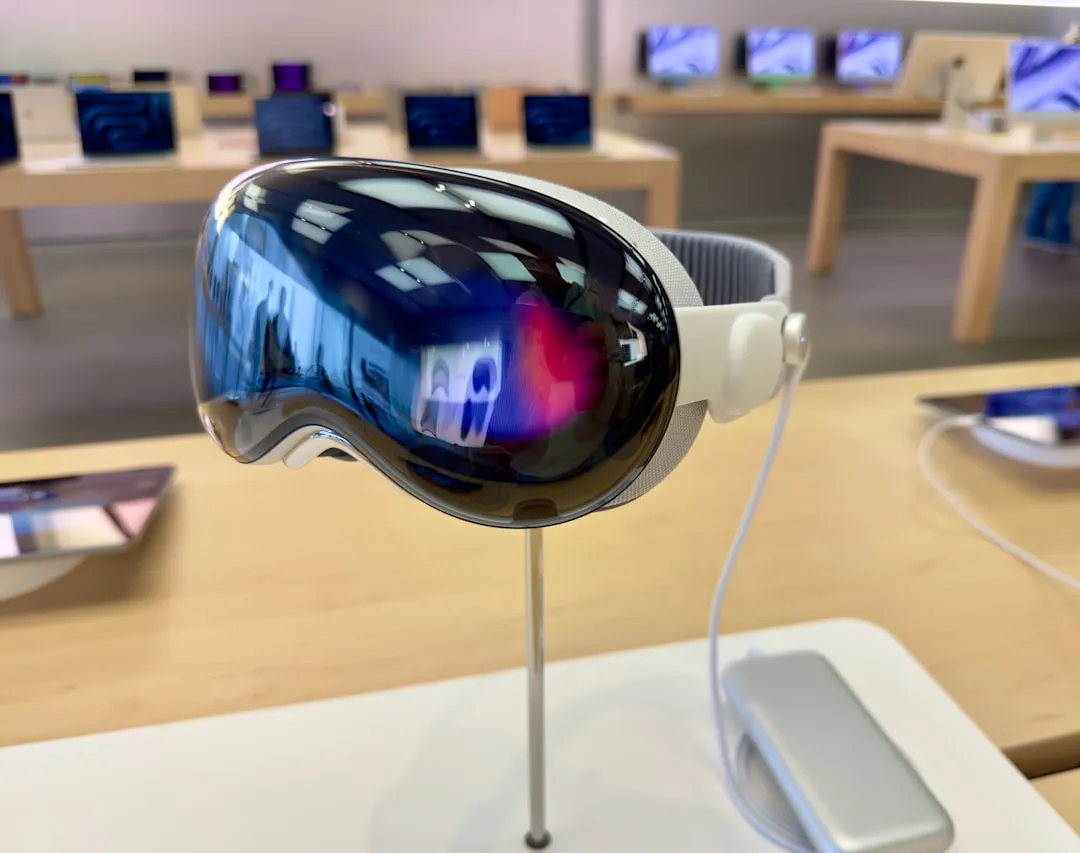



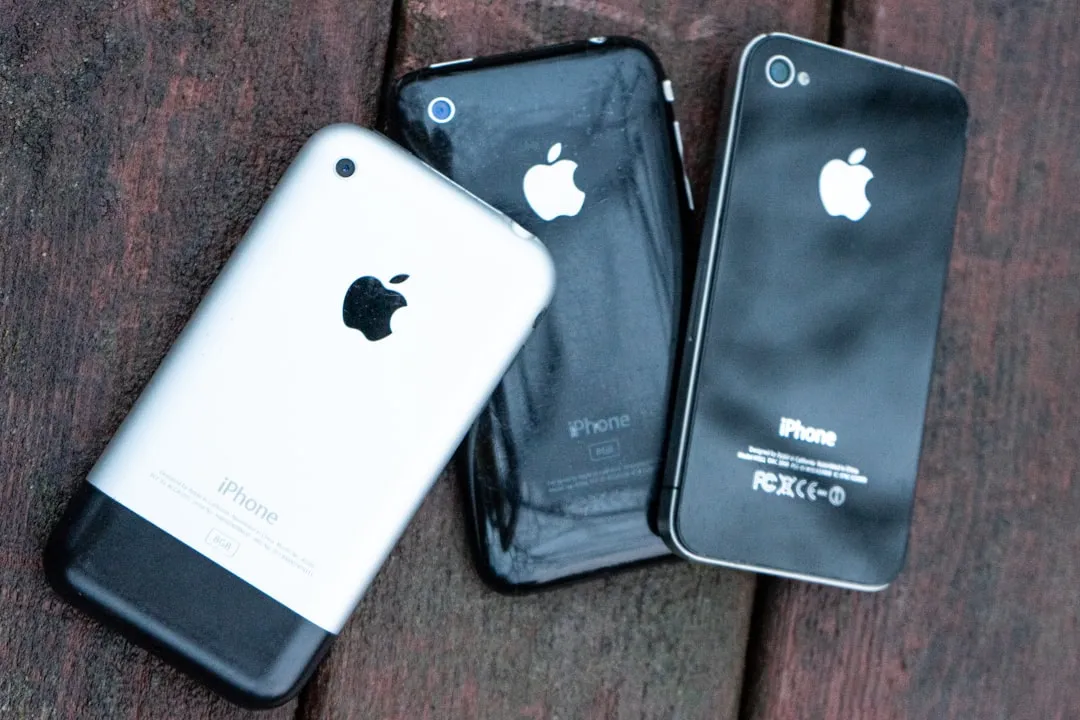


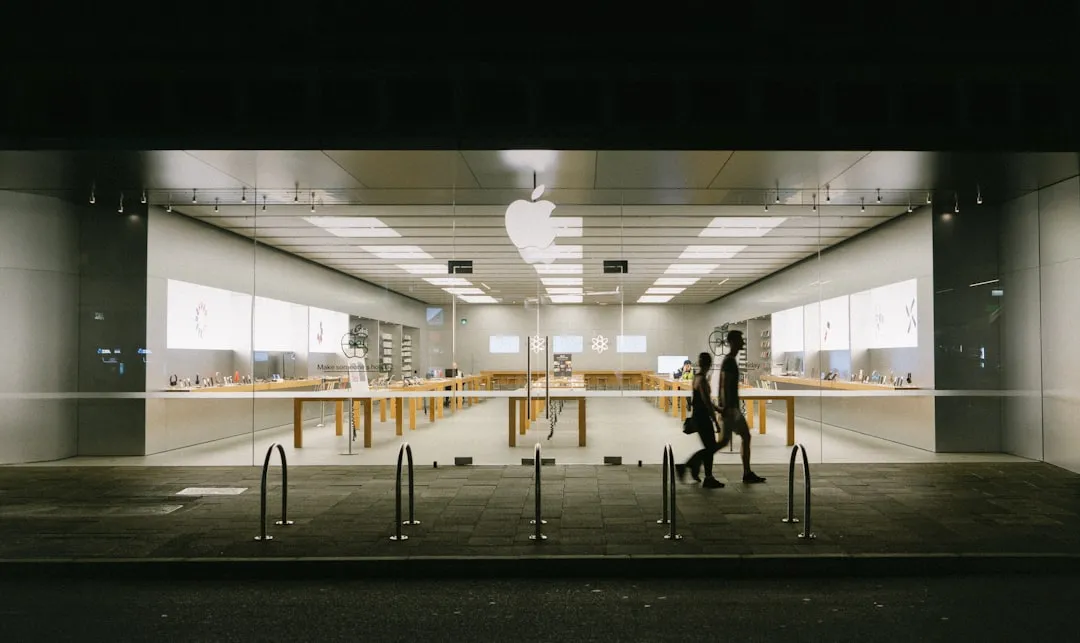
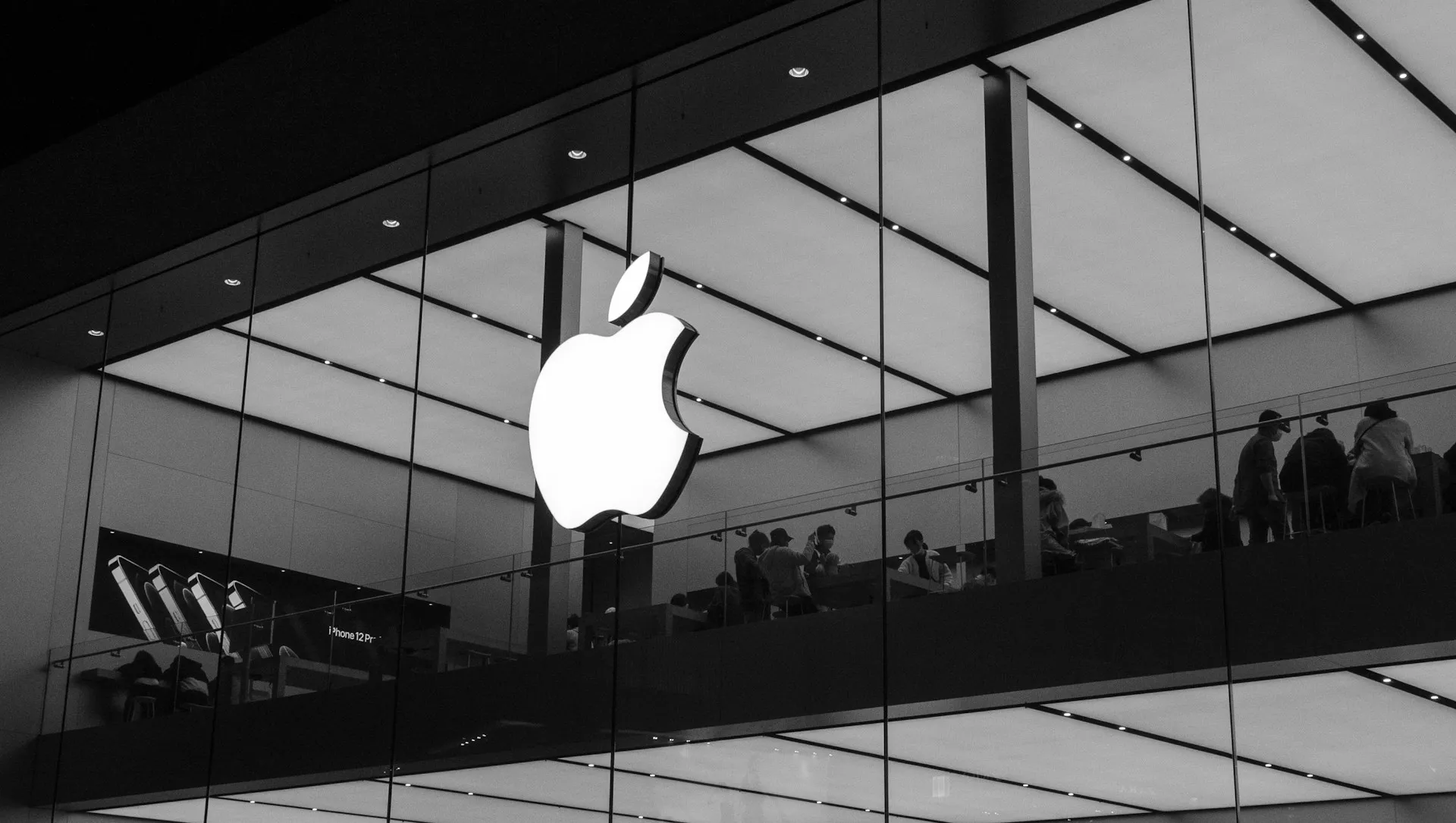
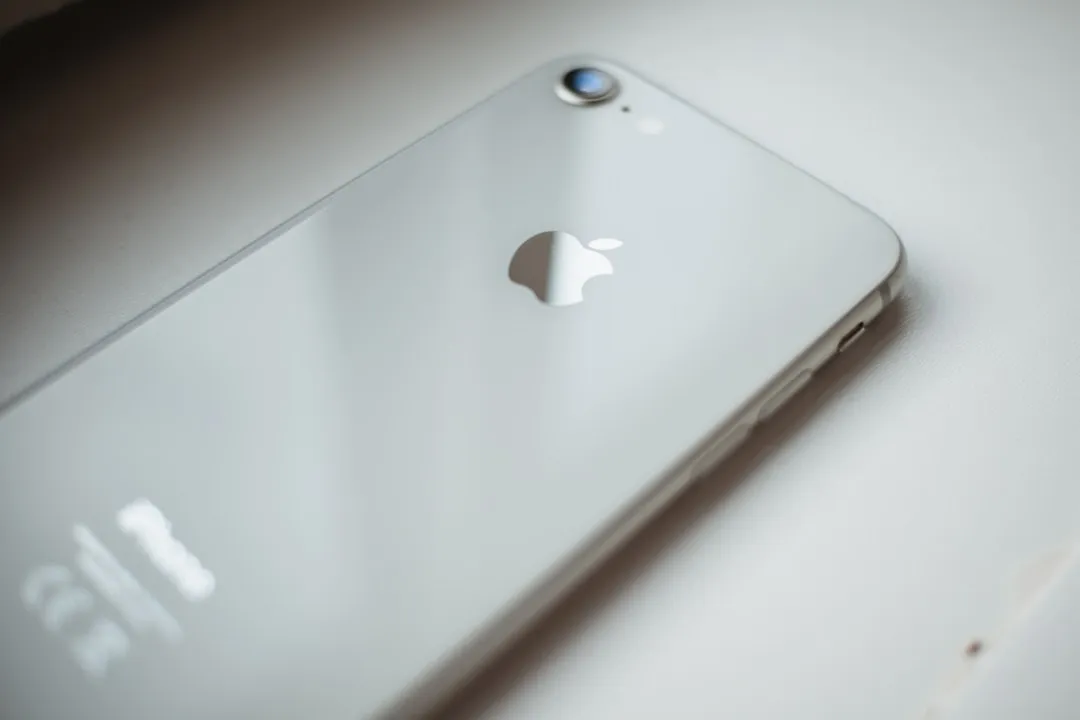

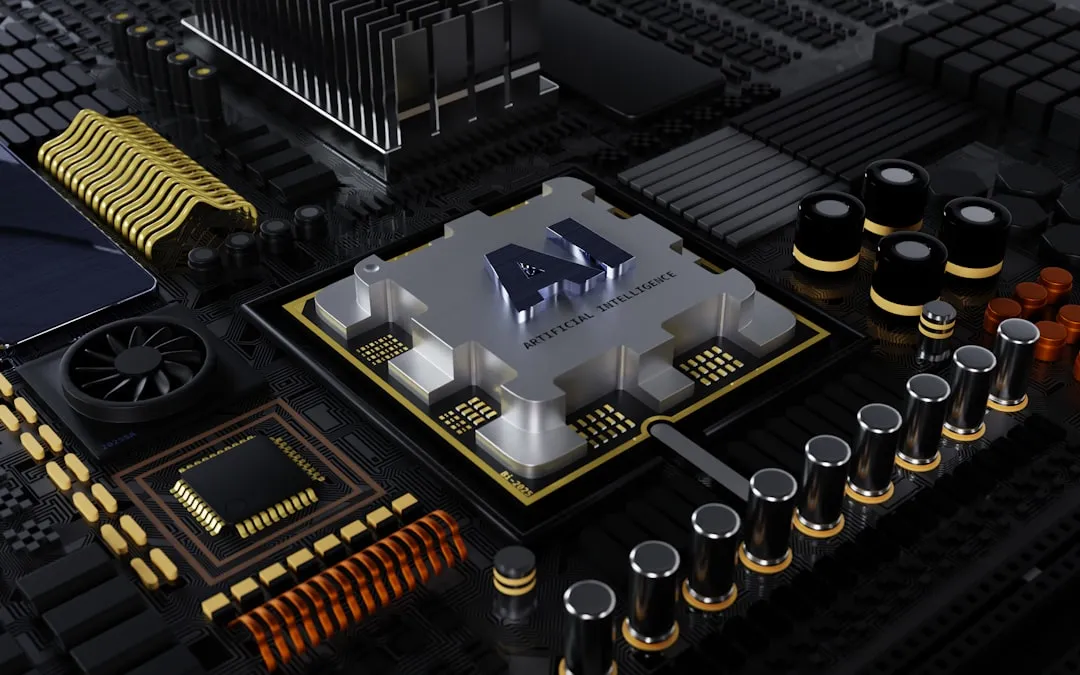
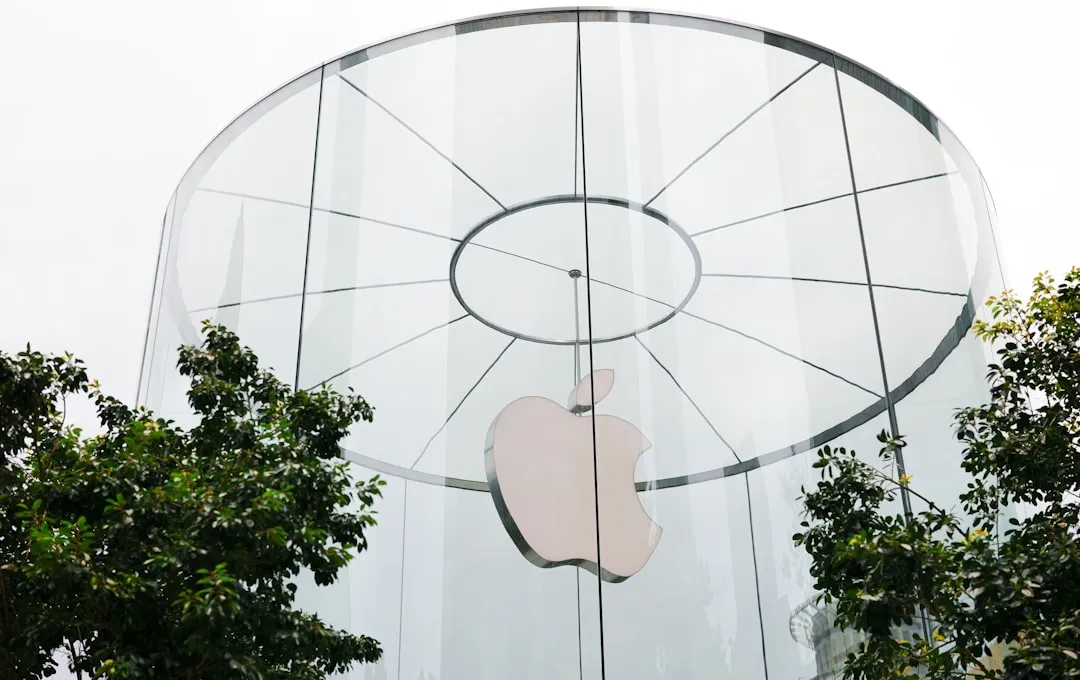

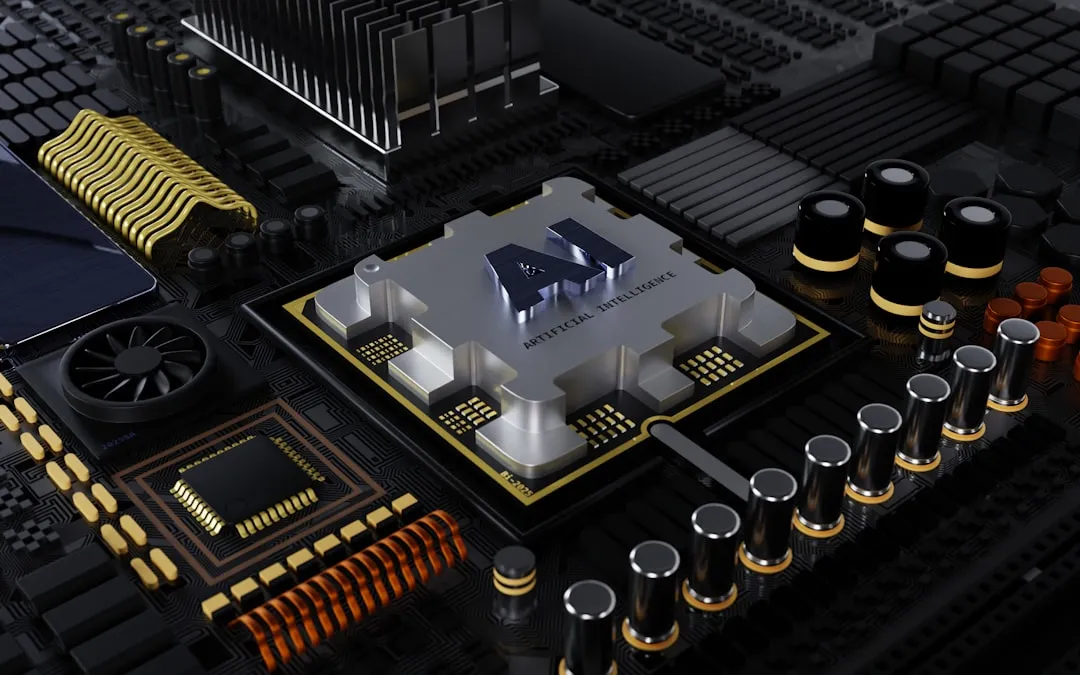
Comments
Be the first, drop a comment!